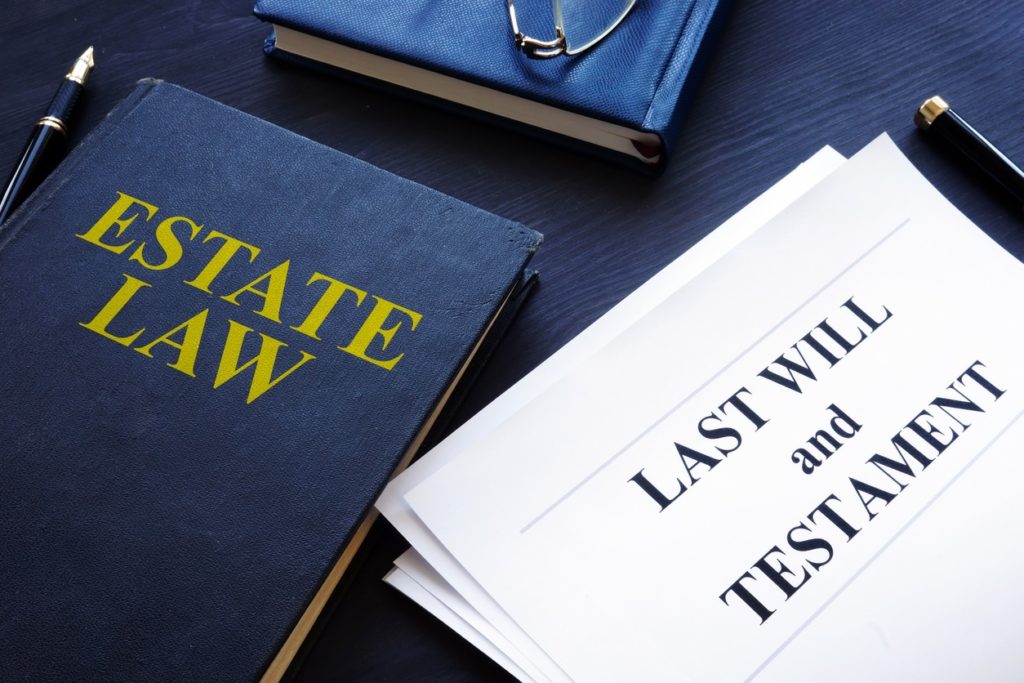
A common misconception is that by ignoring the need to plan for the end of life and beyond, the need to do so will simply go away, says Helena Woodhouse. Spoiler alert – this is not the case. Wills are not frightening, and they certainly do not have to be complicated. This note will look at what they are and why having them is so fundamentally beneficial.
Why have a Will?
A Will, at its simplest, is a written record of your intentions for the distribution of your estate after you die. If you do not have a Will, meaning that you die ‘intestate’, there is a chance that the courts could decide who inherits your estate, depending on which of your family members survive you. That, if anything, should be enough to get you moving. Do you like all of your siblings or nieces and nephews as much as they think you do? No? Are there non-family members (e.g. step-children) you want to benefit? Yes? Make a Will.
A poorly drafted Will is almost as perilous as having no Will at all because it can cause confusion, which can, in turn lead to contention between family members and perhaps even litigation (costly and stressful). Spending time getting your Will right could prevent family battles later down the line, saving the estate a potentially crippling legal bill and sparing your Executors and family members sleepless nights.
Control
We all know that you cannot take anything with you once you die and you will not be around to organise what goes where. In a Will you appoint Executors whom you entrust with the task of following the instructions set out in your Will. If you put some of your estate into trust (even a relatively informal trust arrangement, e.g. if your children are minors), your appointed Executors will become the Trustees of that trust (unless you specifically appoint different people). Executors and Trustees have a fiduciary duty to administer your Will and any trusts within it strictly for the benefit of the named beneficiaries.
It is also often prudent to have a letter of wishes. This is a further document containing more detailed guidance for your Executors or Trustees. While not legally binding, Executors are expected to have regard to them as a reflection of your wishes. For example, people often use a letter of wishes to ask their Trustees not to allow children to receive large amounts of money before the Trustees believe, in their discretion, that the children are sufficiently mature.
Protecting others
What if you die while you still have children who are under 18? A Will can be used to appoint guardians for your children and also carers for your pets, which, for some clients, can be a far more important consideration than finances. You can also establish trusts for vulnerable/dependent beneficiaries, or to ensure that assets are protected for future generations; partners/spouses can live in the home for the rest of their lives, but the capital i.e. the house itself, is retained for children or even grandchildren, to either live in or sell etc. This is often worthy of consideration where there is a second marriage. Similarly, trusts can be set up whereby children are given restricted interests in their inheritance so that the capital of that inheritance can be protected from any financially inexperienced in-laws or bad investments (is there really a difference?).
Inheritance Tax (IHT) Planning
There are a number of reliefs available to the careful planner, including Business Property Relief, Agricultural Property Relief, a lower tax rate if 10% of your net estate is given to charity, tax-free gifting to your spouse/civil partner and a Residence Nil Rate Band (RNRB) of up to a maximum of £100,000 for 2017/18 (increasing to £175,000 in 2020-2021) in addition to the existing Nil Rate Band of £325,000.
While any of these options individually can reduce an IHT bill, they must be utilised carefully to maximise benefit. For example, the RNRB is only available for property, strictly your ‘residence’, and only when you pass that property to a direct descendant. Should you try to pass that property to a friend or into trust, your estate will miss out on up to £100k of tax relief, and your successors could be landed with a tax bill of up to £40k.
Our advice? Get advice.
For further information, please contact a member of the Private Wealth team (or your usual Brecher contact).



